In Part One I made the case that Frank Gorshin’s Riddler was the best Joker. But was he the best Riddler? In my opinion, the best Riddler is the version that appeared in the episode of Batman: The Animated Series entitled “If You’re So Smart, Why Aren’t You Rich?”
Complex Origins
The Riddler’s original 1948 origin was that Edward Nigma was a savant who was naturally gifted at solving puzzles, and at cheating puzzles, and he equally enjoyed the challenges of both. His only weakness is his hubris, getting careless when he starts to believe he can’t be caught. Though most of the time it’s true.
The show didn’t bother with an origin, but his motivation appears unchanged, even if his personality is slightly more unhinged. The comics could’ve easy replaced their C-list Riddler with the show’s A-list Ridder, the same way the Batman comics borrowed the Batcave from the Columbia Pictures serials, or the way the Superman comics borrowed Superman’s power of flight from the Fleisher cartoons.
But it seems the Bat-office weren’t big fans of the TV show, which might be why The Riddler’s fourth appearance retcons him into a buffoon. Instead of supplying riddles out of hubris, now he does so out of compulsion.
This became the character’s tragic backstory, with modern comics grim-ing it up a notch by suggesting the compulsion was caused by an abusive father. For fuck’s sake.
Batman: The Animated Series was also very into giving each villain a tragic backstory, but in a way that was usually more poetic than just needlessly grim. They invented a new tragedy for The Riddler that was superior to any origin he’d had previously.
But apparently they were so nervous about getting the character just right that they didn’t introduce him until forty episodes in, after other villains had already featured in multiple episodes. Story editor Martin Pasko reportedly wrote an entire story bible just for The Riddler, fleshing out his entire life story.
Pasko envisioned him as the creator of a hit computer game who got screwed over by his employer. Edward Nygma created the game under “work for hire,” which means the company owed him no royalties or even consistent employment, and tossed him out after making millions off his creation.
In other words, Edward Nygma is essentially Bill Finger, the uncredited co-creator of Batman and Robin (and The Riddler). And maybe a little bit of Jack Kirby (Avengers, X-Men) and Steve Ditko (Spider-Man, Dr. Strange) and every other comic creator who’s been screwed over by the concept of “work for hire.” Where Edward Nygma differs from all those real people is that he has a puffed up ego that pushes him towards villainy.
Pasko thought industry veteran David Wise would be a perfect person to write the script, since Wise himself contributed to the success of a series he didn’t own. As the lead writer on the first Teenage Mutant Ninja Turtles cartoon, he established some of the franchise’s most enduring elements: the characters love of pizza, their use of surfer lingo, and their distinct personalities, among other things.
Wise claims he didn’t actually have much animosity about the Turtles situation, but he understood what Pasko was going for. And he’d already proved he could write bowler-hat-wearing villains capable of outsmarting Batman after writing the episode “The Clock King.”
If You’re So Smart, Why Aren’t You Rich?
Is there anything more cringeworthy than a character dropping the title of the movie or episode as a line of dialogue? And yet this episode title is just so good that it gets away with greasy businessman Daniel Mockridge asking Edward Nygma, “if you’re so smart, why aren’t you rich?”
This is not a question original to this show. Believe it or not, the query goes back at least a hundred years, usually asked by rich people who can’t comprehend the role luck and opportunity played in their good fortune.
But when Nygma returns to Gotham many years later, he’s not looking for money. In fact, he seems to be doing pretty well for himself, given that he can afford a colorful suit, a gang of henchmen, and a life-size deathtrap maze.
What’s rare about this depiction of The Riddler is that he isn’t trying to pull some epic heist, and he isn’t trying to distract Batman from said heist. In fact, Batman only gets involved by accident.
A meeting between Bruce Wayne and Daniel Mockridge gets cut short when Mockridge suddenly excuses himself. Wayne turns around to see a message displayed on the ticker across the street. The riddle was only intended to make sense to Mockridge, but together Batman and Robin make quick work of it.
Batman only becomes a target of The Riddler after Batman reveals that he’s figured out The Riddler’s secret identity. Equally impressed and annoyed, The Riddler challenges Batman to solve a life-sized replica of his computer maze game. If Batman fails, Mockridge dies.
Naturally, Batman saves the day. This is Batman: TAS after all.
But unlike the previous forty episodes which ended with the villain either arrested or presumed dead, The Riddler gets away! He even has time to casually brag about it in a Zoom call!
What’s more, Batman actually failed at solving his maze! The only way Batman managed to save Mockridge in time was to hitch a ride on the ever-present Hand Of Fate, then hacking it to fly him to the center of the maze.
In other words, Batman was only able to beat The Riddler by cheating! Now tell me, who is Batman’s greatest rival?
One Final Riddle
But Edward Nygma also left a mystery for YOU:
If The Riddler didn’t want Mockridge’s money, then what did he want? Revenge, obviously. But in the end he only used Mockridge as bait for Batman. What was the original plan?
On a second viewing, I suddenly realized: he was going to make Mockridge run the maze! The Riddler built a life-sized replica of his computer game so that Mockridge would die failing at the thing he stole!
Ultimately, “Plan B” worked out just as well, if not better. Not only was The Riddler given a chance to prove he’s smarter than Batman, but Mockridge now lives in constant fear of his return.
The most surprising revelation in all of this is that Batman is…weirdly okay with this? But then, maybe Mockridge was the true villain of the story.
Batman seems to acknowledge that what Mockridge did lies in the realm of immoral-but-not-illegal. He’s not on Mockridge’s side, but he can’t lock him up for anything. So he seems satisfied that Mockridge has instead locked himself up, in a prison of his own making.
Does this make The Riddler the hero of the story? I wouldn’t say so. Nygma was so self-absorbed that he wasn’t interested in anything beyond getting his revenge, and toying with anyone who got in his way. If not an anti-hero, perhaps he was an anti-villain, a unique take on the character that didn’t need to borrow from The Joker to place him as Batman’s greatest rival.
I can only hope Paul Dano’s version in the upcoming movie The Batman (20201) takes him in a similar direction.
If you enjoyed this, please consider supporting the site on Patreon!
Sources
- Batman & Mr. Dozier (Telescope – 1966)
- 39. If You’re So Smart… (Batman: The Animated Podcast – Sept 2016)
Comments
Join the discussion on my Patreon page!

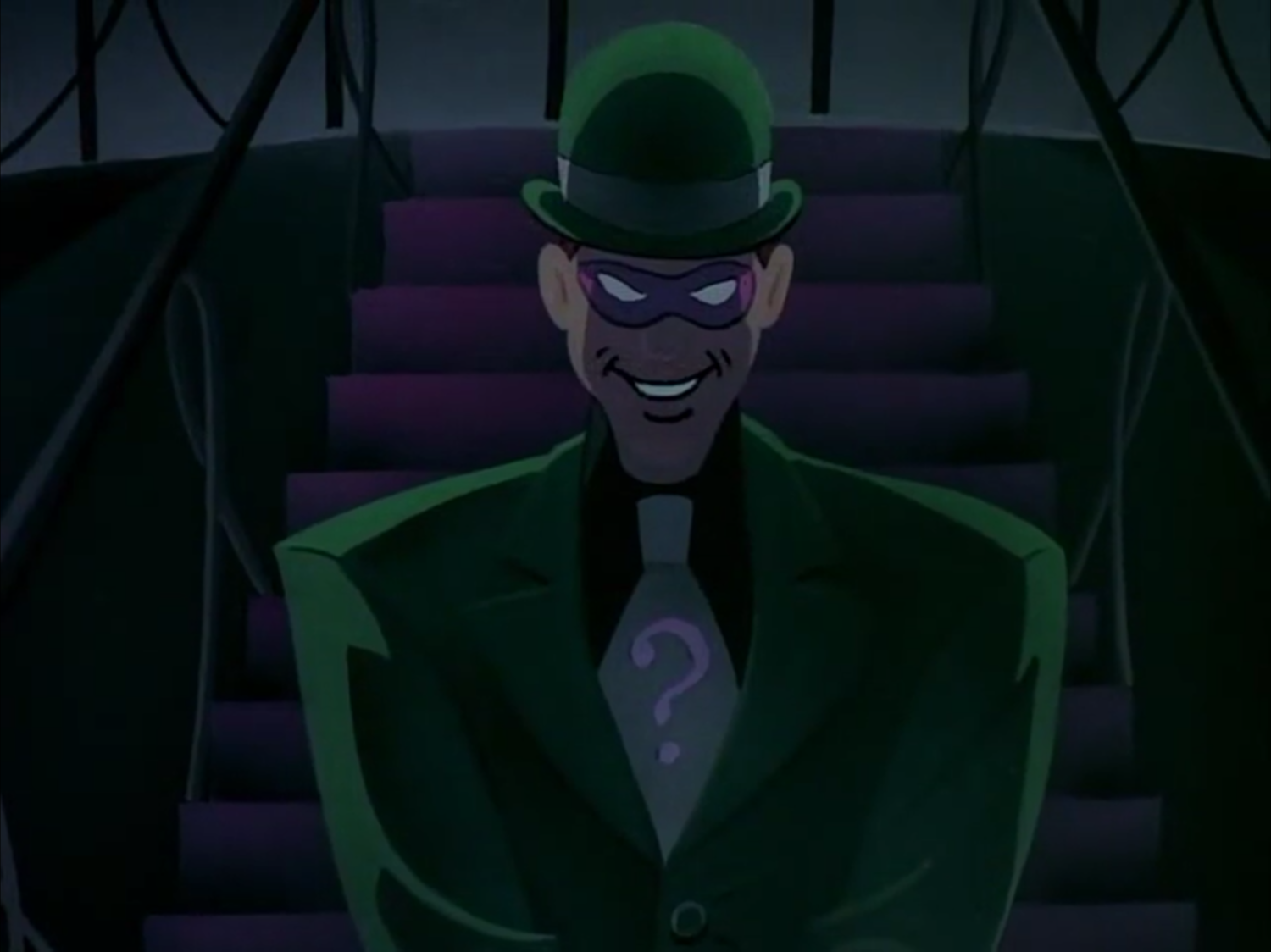
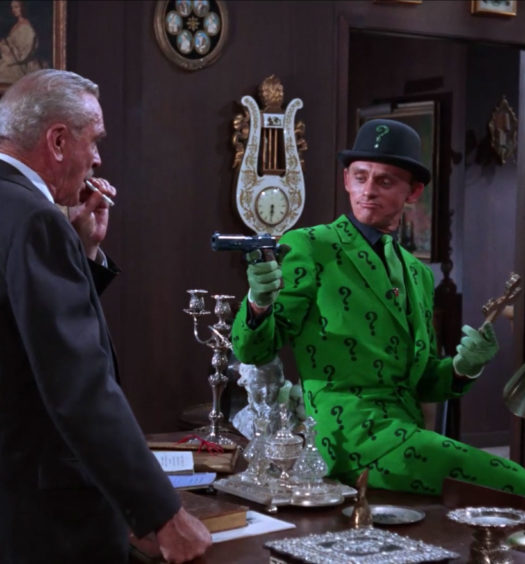










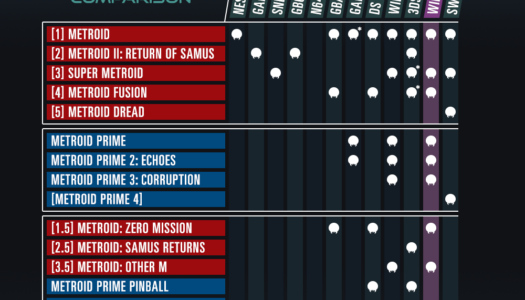
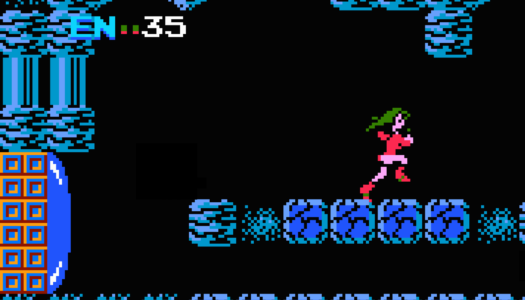
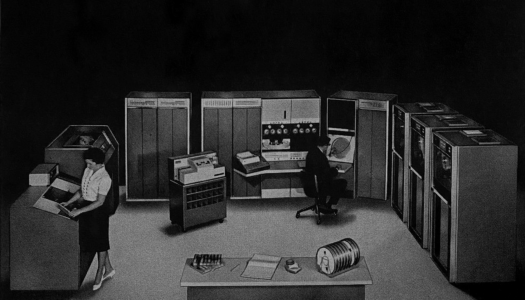



April 20, 2021
[…] was Frank Gorshin actually the best Riddler? Tune in for Part Two of this essay — Same Bat Time, Same Bat […]